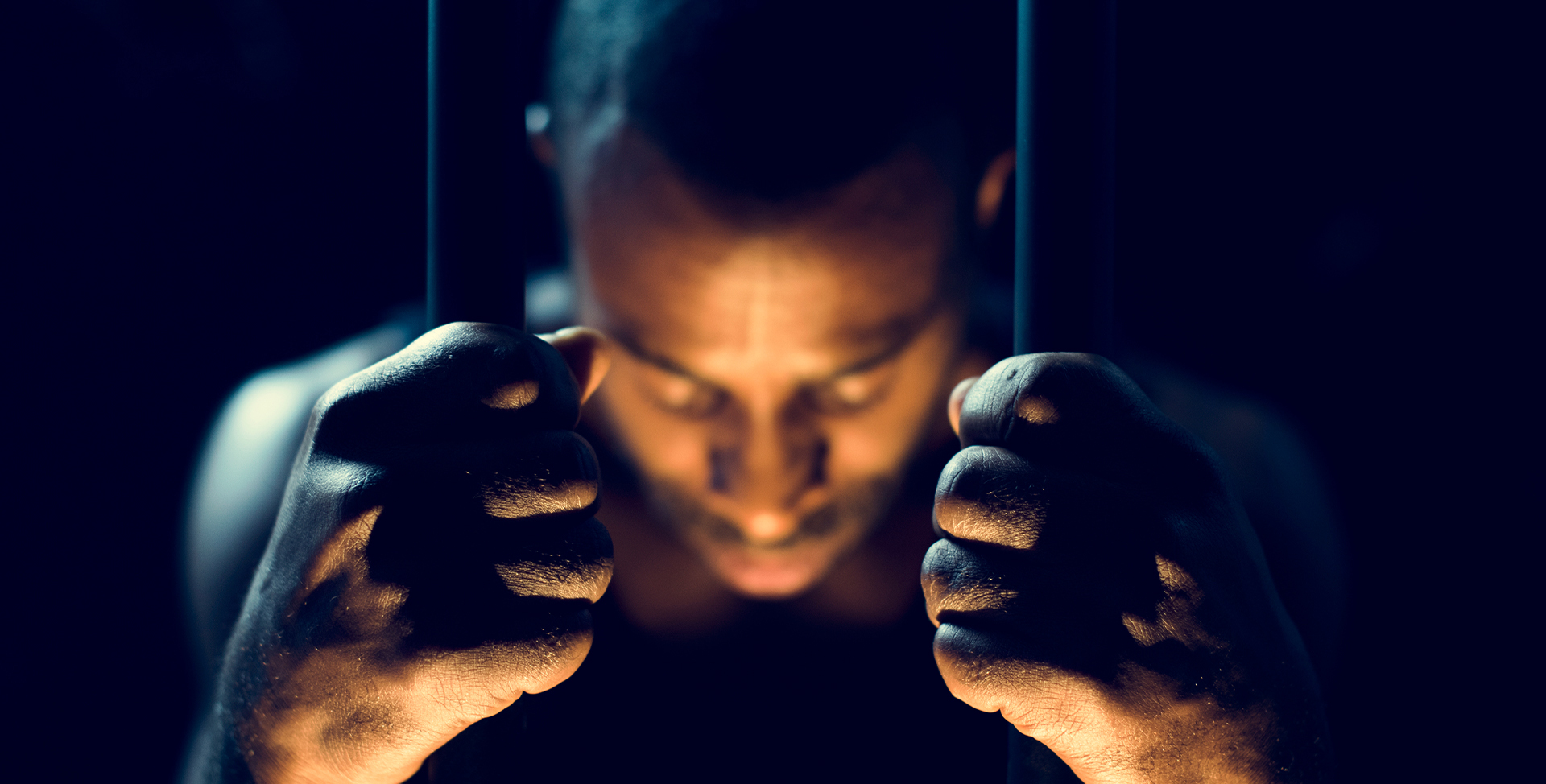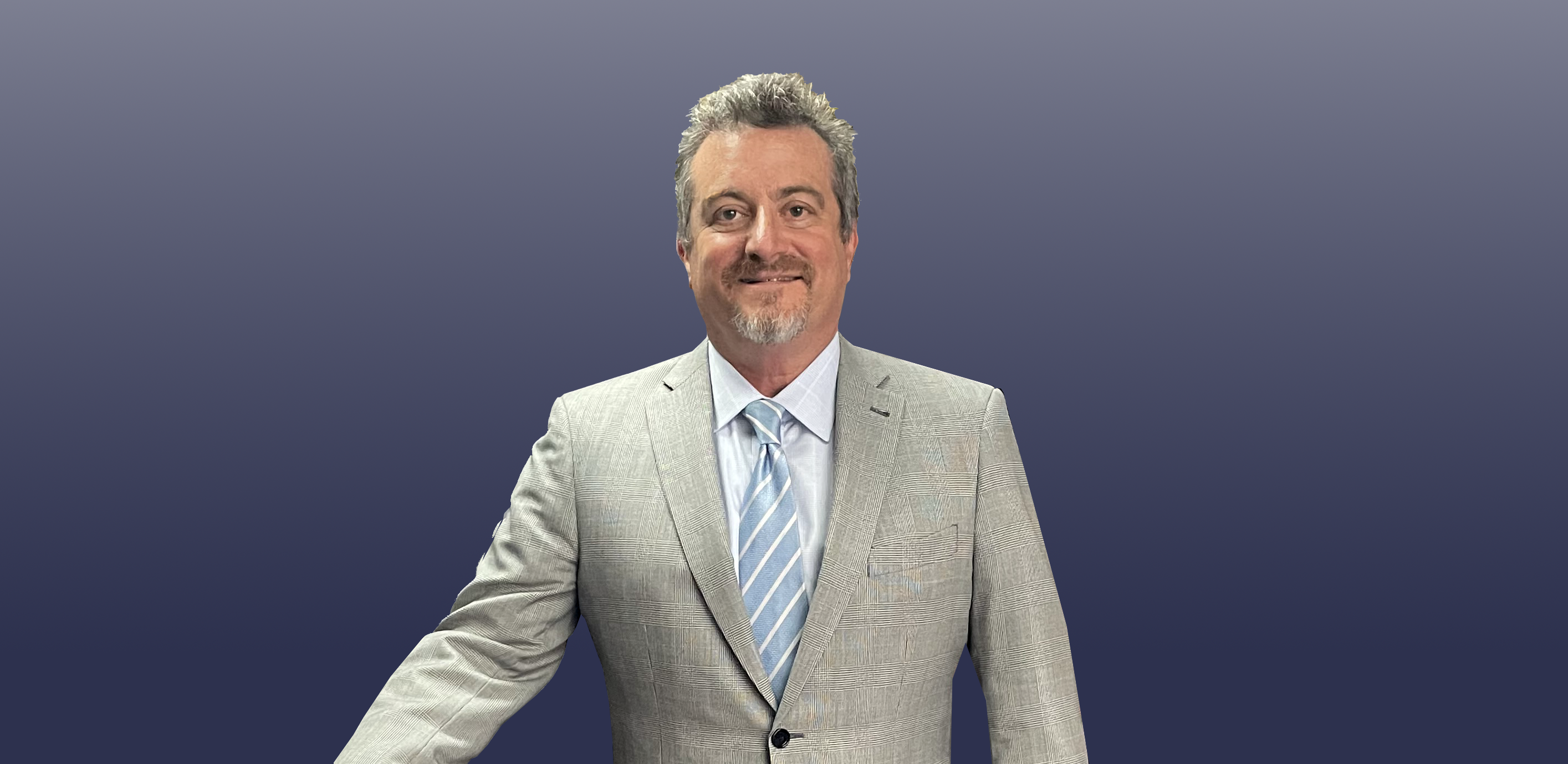
Unbelievable. The last 90 days have been some of the most difficult I’ve ever seen. Our community is coming off an unprecedented coronavirus scare. We’ve all spent the last few months quarantined, some of us recovering. If that wasn’t enough, in the last 30 days our city and country have been faced with more police brutality deaths. And one of the most significant protests of our generation.
When I woke up this morning, something else hit me that makes this month even harder to take. This month is the 5-year anniversary of Kalief Browder’s death. And it stings.
Kalief Browder was just a kid in the Bronx doing what kids in the Bronx do. Hanging out with friends. Talking about what somebody did at school. Dreaming about graduating high school. Hoping for a better life. Willing to work hard to get it. Everyone who knew Kalief had positive things to say.
This month five years ago, Kalief gave up on his dreams. He gave up on the life that was waiting for him. Kalief didn’t end his life because he was tired of trying. Kalief gave up because he had been broken beyond recognition. At a time when everything should have been looking up, everything was crashing down. Kalief took his own life after getting out of prison.
Just shy of his 17th birthday. Kalief Browder wasn’t going to neighborhood basketball games or summer school or church camp. The state of New York sent another Bronx boy to Rikers.
A Boy in Prison
A boy. That’s what Kalief was when he walked through the doors. It would have been a huge visible problem if Kalief had died in Rikers, but he didn’t. He took his own life after being destroyed by a system that profiles boys and young men on the streets of New York and pulls no punches in trying to get an arrest and conviction, whether they’re guilty or not. This is what happened to Kalief. A law enforcement and correctional system waiting with its jaws wide open. Waiting for a boy like Kalief to be at the wrong place at the wrong time.
When Kalief was arrested for being accused of stealing a backpack that he didn’t have, he had already been a victim of ever-present Bronx law enforcement. He was on probation. And because of that probation he couldn’t post bail.
Kailef maintained his innocence the entire time he was in Rikers. But that didn’t matter. He was already in the belly of the beast. A place known for inhuman conditions. Brutal beatings. Mental torture. Isolation when he didn’t deserve it. A lack of compassion when he most needed it.
Two Years of Solitary Confinement
Of the three years Kalief was in prison between the age of 16 and 18, he spent almost two years in solitary confinement. Twenty-three hours a day in a cell. Limited contact with the outside world. The inability to escape the guards who taunted him, even in the face of suicide attempts. After rescuing him during one suicide attempt, they beat him. According to Kalief, it was because they were angry about the suicide attempt paperwork. How could someone mentally survive that? Did the system even expect him to survive?
At the end of the day, it was the mental torture that killed Kalief. He knew he was innocent. He believed the system knew it, too. Kalief was eventually released and never saw trial. The prosecution delayed until the case was dismissed.
To Kalief’s credit he tried to recover from the horrors of Rikers. He attempted to go back to school and get a job. He met Jay-Z and his story made news. But even with his freedom he still struggled with depression and PTSD. It got so bad that he couldn’t keep a job and sought treatment. Ultimately, he committed suicide. Using a method he learned in Rikers.
Acknowledging the Cruelty of Rikers
It was too late when New York investigated Rikers. A culture of violence was laid bare. Prisoners were threatened to keep quiet with physical beatings and solitary confinement. Adolescent victims were specifically targeted. It was revealed that a powerful prison guard union was shielding criminal guards from reprimand. It was unspeakable what this system did to inmates. New York voted to close Rikers by 2026.
The debate over prison reform rages on. One of the results of the George Floyd protests is a call to “defund police.” You see both sides fighting against each other. There are those who want criminals to be taken off the streets, and those who want to make sure police can’t take more lives and destroy others.
Civil Rights Aren’t Optional Rights
Five years after Kalief Browder and where are we? As a society what are we doing to stop this from happening? This really shouldn’t be a conservative vs. liberal issue. It should be human vs. inhuman. Supportive vs. punitive. Proactive vs. reactive. Eyes open vs. eyes closed. More people from both sides of the fence need to wake up to the reality of the law enforcement and the corrections machine. Killing innocent people on the street. Shooting people with their hands up. Pulling down the mask of protestors to pepper spray them. Suffocating a man for selling a handful of cigarettes. Putting a 16-year-old boy into prison over a missing backpack.
That’s why today is hard. Being reminded of the loss of a valuable human. Remembering that another Bronx boy didn’t deserve to be arrested and have his life destroyed. Recognizing the loss of civil rights in our system. It’s hard to think about, but it reminds me of why I’m a civil rights and personal injury attorney and why I do it here in the Bronx. I’m committed to doing everything I can to prevent another Kalief Browder death. To stop someone from being unjustly punished. To persuade law enforcement to be more human. To keep another victim of the system from being crushed by it.


